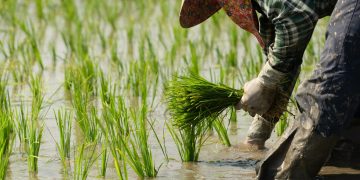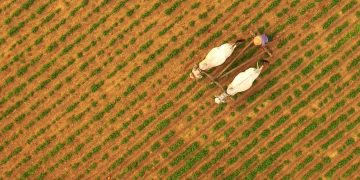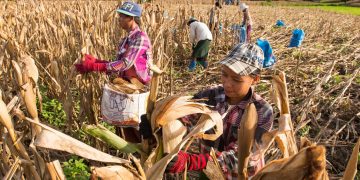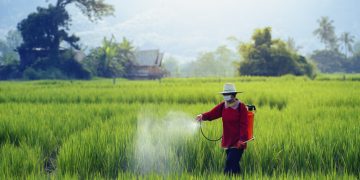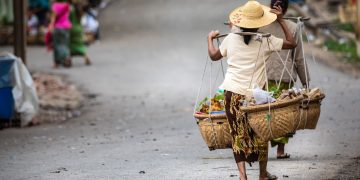Food price inflation is widespread throughout Myanmar, increasing by 19% nationally compared to last year. While the price of rice increased less than most other food products, fuel prices have almost doubled, and transportation costs have increased by approximately 60%.
The IFPRI-Myanmar Food Vendor Survey aims to provide data and insights on the effects of shocks to Myanmar’s food markets. The survey is conducted with about 200 food vendors in rural and urban areas throughout the country and explores changes in consumer behaviors, difficulties in food vendor operations, changes in the availability and prices of foods, and COVID-19 prevention measures. The Food Vendor Survey was initiated in June 2020.
Monitoring the agri-food system in Myanmar: Agricultural crop traders – September 2021 survey
To understand the effects of COVID-19 and political instability on crop trade sector, MAPSA conducted a phone survey of commodity traders in September 2021.
Monitoring the agri-food system in Myanmar: Maize farmers – Monsoon season phone surveys
Maize is the second most important crop in terms of value of production, accounting for 9 percent of total crop output annually. This blog presents highlights of indicators of monsoon maize production.
COVID-19’s impacts on Myanmar’s agri-food system
Since April 2020, the International Food Policy Research Institute, with Michigan State University, has undertaken analyses of secondary data combined with regular phone surveys of actors in Myanmar’s agri-food system to better understand the impacts of COVID-19.
Community perceptions of COVID-19’s impacts in Myanmar (October)
Managing COVID-19 requires a balance between preventing disease spread and minimizing economic disruption. In this blog post, IFPRI researchers utilize findings from a national COVID-19 survey to assess impacts and provide policy recommendations and long-term strategies.
